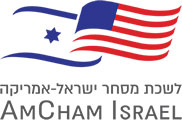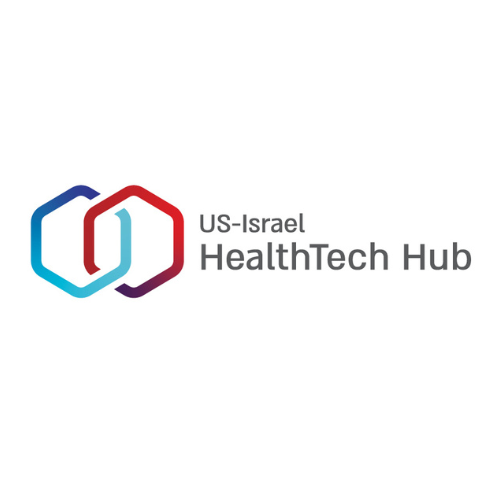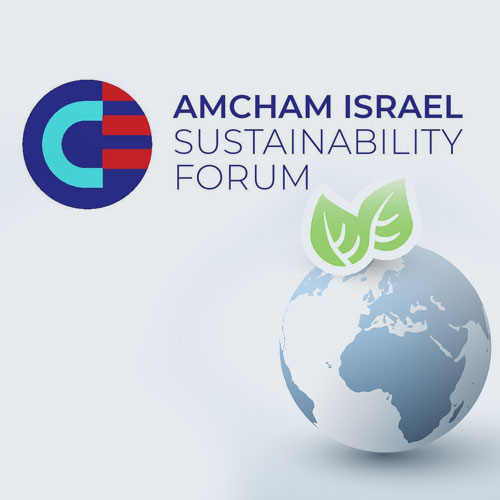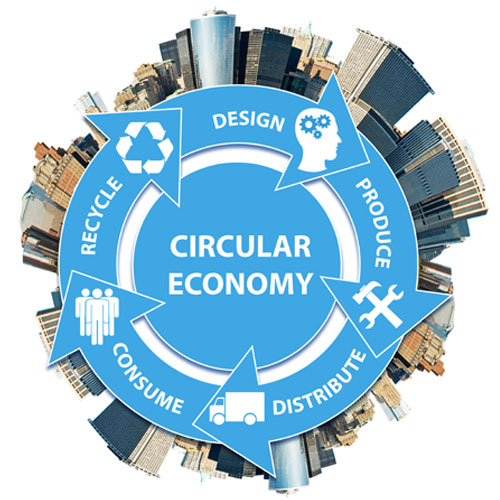Vision
Mission
AI Ecosystem
B2B Partnership
B2G Collaboration
Yitzchak Chikorel, Chair
Tax Partner, Deloitte Israel
Yitzchak is the head of the international tax department at Deloitte, He is also a partner in the TMT group.
Yitzchak provides international tax planning, transfer pricing, co-sharing agreements, ESOP and ESPP services to multinational entities and corporations. He has extensive experience in structuring mergers and acquisitions to achieve business and liquidity objectives and he also consults on reporting and business issues related to technology licensing, development, manufacturing, and other agreements.
Tsvi Kan-Tor, Chair
Partner, Kan-Tor & Acco Law Firm
Our Mission
The committee goal is to remove all Visas barries in order to facilitated the trade between the two countries.
Government Approved E2 Business Visa to the U.S., Following Chamber Active Promotion of the Process The Israel government has approved Sunday, March 30, 2014, the implementation of E2 visa, allowing Israeli investors and their immediate families to stay in the U.S. for a long period of time – and vice versa. The move came as a direct result of efforts spearheaded by the Chamber Visa Committee, chaired by Advocate Tsvika Kan-Tor of Kan-Tor & Acco law firm. “E2 will lead to significant economic development between Israel and the U.S., especially in enabling businesspeople from both countries to invest in the other, develop and create more jobs, he said.” Ofra Strauss, Chairperson of the Strauss Group and the Chamber, congratulated the government for its approval. The Chamber, predicte that this move would contribute to an increase in bi-lateral trade, beyond the current $40B per year. The Chamber will continue with its efforts to remove regulatory and tax-related trade barriers with the goal of advancing trade relations between the two countries. This would strengthen Israel’s position as a global center of investments, R&D and innovation, which, in turn, would add jobs.
Click on the following links for relevant articles: Article in Yediot Ahronot, in English Article in Yediot Ahronot, in Hebrew Article in The Marker, in Hebrew Article in Israel Hayom, in Hebrew
Binyamin (Bini) Zomer, Chair
Binyamin (Bini) Zomer acts as Head of Foreign Affairs and Administration at Chevron Mediterranean Limited. Before joining Bibi acts as Noble Energy Israel Country Manager since October 1, 2014. Befor he was AIPAC's Deputy Director of Policy and Government Affairs for the Washington based Israel lobbying organization. He has also served as legal advisor to former Oklahoma Senator Don Nickles. Zomer is a graduate in Political Science from the University of Texas and Washington University Law School in St. Louis.
Sustainability Forum
The Amcham Israel Sustainability Forum serves as a platform for collaborations on Sustainability between leading companies, both Israeli and the U.S.
Since its establishment in 2019, the Forum has dealt with diverse fields ranging from Circular Economy and emissions reduction to technological innovation and Food Safety.
The Forum holds a variety of activities designed to enrich the knowledge of decision makers and promotes actions that will keep the Israeli economy competitive in the face of emerging environmental regulations and growing disclosure demands by clients and investors.
Furthermore, the Forum lends its support to the Israeli economy's efforts in achieving energy efficiency, thereby enabling Israel to fulfill its commitments under international agreements and the Conference of Parties (COP).
The Forum operates in three channels:
- Building Knowledge and Abilities
- Innovation in Climate and Environment
- Food Safety, Foodtech and Agtech
1. Building Knowledge and Abilities
Our goal is to support the efforts to inform the Israeli economy on the growing demands for proper conduct in aspects of environment, society and corporate governance and to close the gap between the private sector in Israel and the private sector in advanced countries in the world.
Topics that will be discussed:
- U.S. regulation affecting the business and industrial sector.
- Business opportunities and risks related to environmental and climate issues.
- Supply chains.
- Calculation, measurement, reporting and reduction of greenhouse gas emissions.
- Mitigation efforts leading to the transition to a zero-carbon economy.
- Adaptation efforts adjusting to the current and future effects of climate change.
2. Innovation in Climate and Environment
Our goal is to strengthen the relationship between big U.S. corporations and the local entrepreneurial industry.
Amcham Israel Sustainability Forum is launching a program aiming to accelerate the development and scaleup of ground-breaking climate technologies by bridging between climate challenges of U.S. corporates and Israeli startups.
3. Food Safety, Foodtech and Agtech
Collaborative investment in protein alternative technologies between the U.S. and Israel aligns with broader goals related to Sustainability, Food Safety, innovation and economic growth.
Protein alternatives, such as plant-based and cultured meat products, often have a lower environmental footprint compared to conventional livestock production. Collaborative efforts in this area can help mitigate the environmental impacts of food production, including greenhouse gas emissions, land use, and water consumption.
Yael Ravhon-Timor, Committee Chair
Our Mission
The Mission of the Committe is to influence financial policy making and to enhance the financial basis of the Chamber
Committee Members:
- Danny Furman, Arba Finance Company
- Eli Carmon, CFO & COO Microsoft Israel R&D
- Gerry Stoch, New York State Trade Office Representative in Israel

Chairperson, Avi Matan, General Manager Israel, Abbvie Biopharmaceuticals Ltd.
Following are the three working groups that operate within the committee:
- Oncology Group
- Rare Diseases Group
- Healthcare Equity
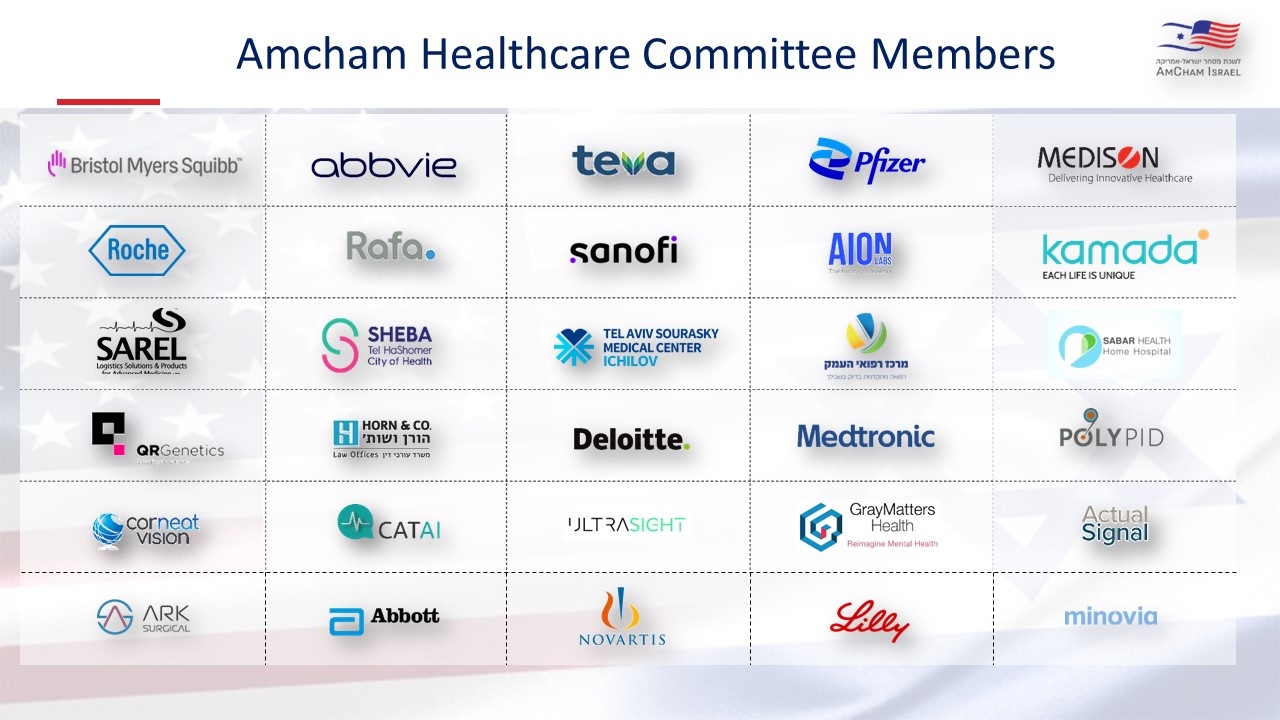
The Chamber, together with our partners from the Ministry of Economy, Ministry of Environmental Protection, Circular Economy IL, and the Afeka Institute of Circular Engineering and Economy, launched the Chamber “Circular Economy Forum”, on June 16, 2020.
The Forum Goals are:
- Building an ecosystem of relevant stakeholders: Industry; Technology; Regulators and Experts;
- Identifying opportunities and needs of the Forum members for the development and implementation of measures to implement the principles of the circular economy in their activities;
- Creating and promoting of pilots for different types of solutions;
- Creating tools for training and R&D among the forum members on circular economy issues;
- Formulation of a roadmap for long-term implementation of the solutions and their expansion and scale up
The Forum Identified four areas of activitie and created four work-groups which focus on the following topics:
- Policy and regulation
- Circular design
- Entrepreneurship and technology
- Formulation of a roadmap for long-term implementation of the solutions and their expansion - scale up
